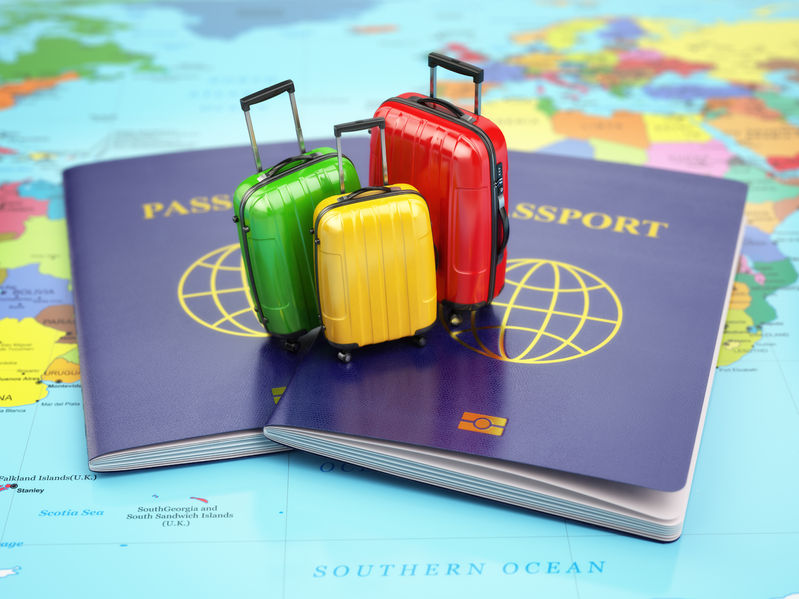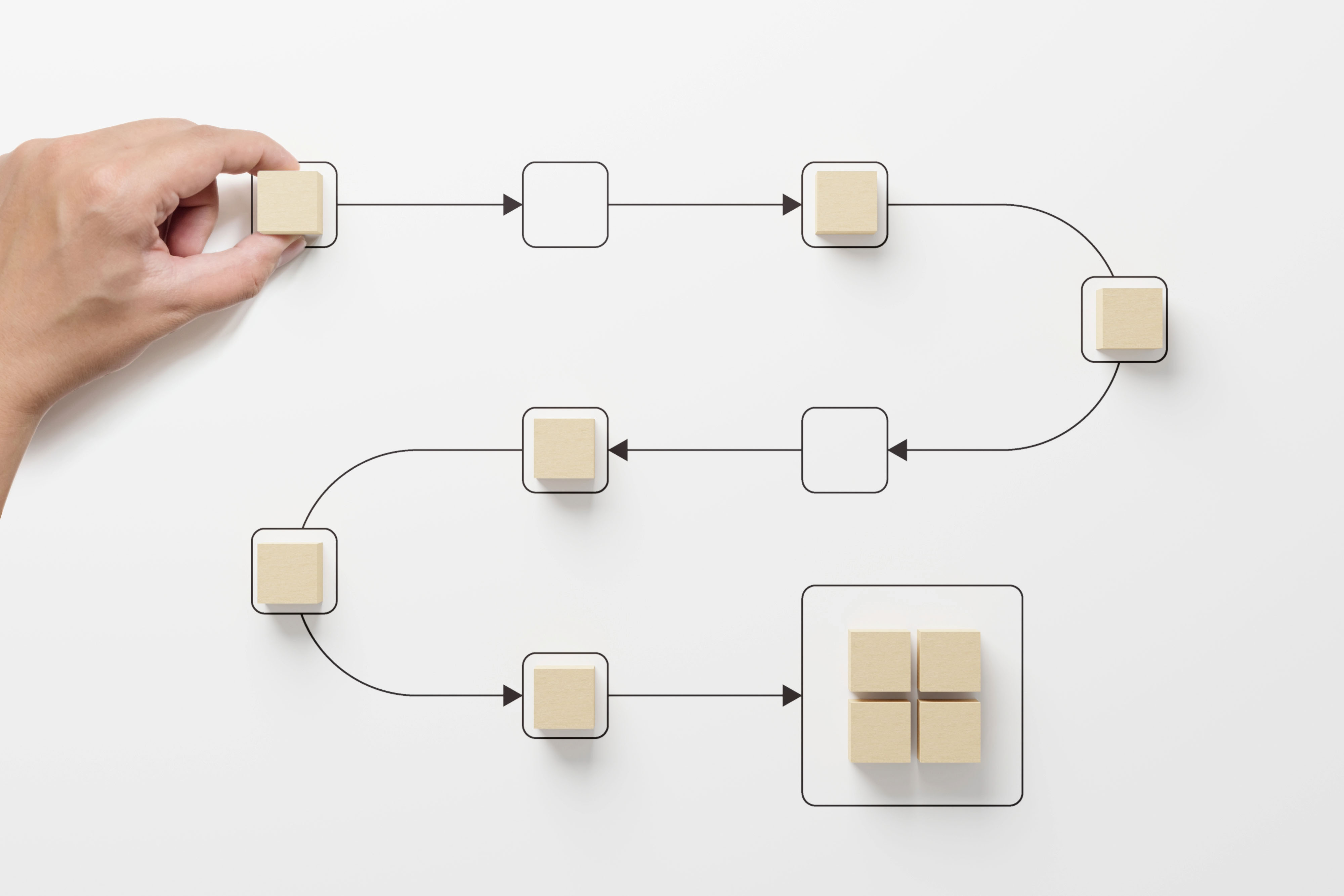What is tourism?
We have all been tourists at some point in our lives, whether that was in our country of residence or in a different country. It can be hard to define what tourism actually is. The definition of tourism that comes to my mind is when people travel to and stay at a place outside of their usual environment usually for business, leisure or other purposes for no longer than one year.
Tourism is a very dynamic, profitable and a competitive industry that is constantly changing to fit the customer’s needs. There is a constant demand for people to get into this industry but this would require different travel and tourism courses.
Social and economic effects of tourism
The tourism industry creates many jobs in areas where jobs are sparse, countries such as Egypt and Turkey employ thousands of workers to come to popular tourist locations to work. The tourism sector also helps the local businesses to generate extra revenue, most popular are food, entertainment and souvenir places. The economic benefits are also felt by the government as they generate extra revenue from airport and hotel taxes that pay for schools, hospitals and housing.
The social effects come into place when tourism increases in a particular area, this means the government will invest in new infrastructure that will also benefit the local community. Tourism also encourages the preservation of traditional customs, festivals and handicrafts. Residents of popular tourist locations might enrol onto a tourism course and excel onto a travel courses. The social misgivings of a country such as poverty and human rights abuses are also highlighted globally when there is an increase in tourism.
There are different types of tourism in the travel industry such as:
-
The most common type of tourism that most of us have completed is recreation tourism. This is when people go to a place that is usually different from their normal environment to relax and have fun. This includes visiting beaches, theme parks and camp groups as the most common places people have visited.
-
Religious tourism is another popular type of tourism where people visit a holy location that relates to their religious beliefs. A few examples would be when 14.3 million Muslims complete their pilgrimage to Makkah and Medina, Saudi Arabia which is in line with one of the pillars of Islam. Jewish people are known to visit the Wailing Wall in Jerusalem, Israel, as this is the most sacred site, yearly around 11 million people visit.
-
Medical or health tourism is when people travel to a different country to use their medical services for free or to go for a new treatment that they cannot get in their country of residence. This is relatively new but has been widely criticised by the British government as they feel people coming to Britain for free treatment is putting unnecessary pressure on the NHS. Cosmetic procedures and dental work are popular with health tourists.
-
For tourists who would like to see wildlife or want to be in the midst of nature, nature tourism is the answer. Ecotourism include bird watching, trekking through forests and jungles to see endangered animals.
-
Pleasure tourism is when people want to escape the daily rat race and feel like they need to rejuvenate. These trips are solely taken to refresh the soul, mind and spirit. This usually includes yoga workshops, detox massages and meditating.
-
Sports tourism has become very popular with the increased exposure of the Olympics, FIFA world cup and tennis. People will travel to different countries to ensure that they can see their favourite sports people compete.
Are you looking for a tourism course? Read more about the travel and tourism courses
 All Courses
All Courses
 Accounting and Finance
Accounting and Finance Administration and Office Management
Administration and Office Management Business Administration
Business Administration Chemical Engineering
Chemical Engineering Communications and Public Relations (PR)
Communications and Public Relations (PR) Compliance and Legal
Compliance and Legal Construction Management
Construction Management Contract and Project Management
Contract and Project Management Customer Experience and Relationship Management
Customer Experience and Relationship Management Data Management and Business Intelligent
Data Management and Business Intelligent Digital Transformation
Digital Transformation Energy and Sustainability
Energy and Sustainability Health, Safety and Environment
Health, Safety and Environment Healthcare Management
Healthcare Management Hospitality & Tourism
Hospitality & Tourism Human Resources and Talent Development
Human Resources and Talent Development Industrial Manufacturing and Production
Industrial Manufacturing and Production Innovation and Artificial Intelligence (AI)
Innovation and Artificial Intelligence (AI) Leadership and Management
Leadership and Management Oil and Gas
Oil and Gas Procurement & Supply Chain Management
Procurement & Supply Chain Management Public Sector
Public Sector Quality and Productivity
Quality and Productivity Retail and E- Commerce
Retail and E- Commerce Sales and Marketing
Sales and Marketing Sports Event Management and Operations
Sports Event Management and Operations Strategy and Business Planning
Strategy and Business Planning Sustainability and CSR
Sustainability and CSR Learning Solutions
Learning Solutions
 About Us
About Us
 iLearn Blog
iLearn Blog
 Directory Calendar
Directory Calendar
 Contact Us
Contact Us
 All Courses
All Courses
 Accounting and Finance
Accounting and Finance Administration and Office Management
Administration and Office Management Business Administration
Business Administration Chemical Engineering
Chemical Engineering Communications and Public Relations (PR)
Communications and Public Relations (PR) Compliance and Legal
Compliance and Legal Construction Management
Construction Management Contract and Project Management
Contract and Project Management Customer Experience and Relationship Management
Customer Experience and Relationship Management Data Management and Business Intelligent
Data Management and Business Intelligent Digital Transformation
Digital Transformation Energy and Sustainability
Energy and Sustainability Health, Safety and Environment
Health, Safety and Environment Healthcare Management
Healthcare Management Hospitality & Tourism
Hospitality & Tourism Human Resources and Talent Development
Human Resources and Talent Development Industrial Manufacturing and Production
Industrial Manufacturing and Production Innovation and Artificial Intelligence (AI)
Innovation and Artificial Intelligence (AI) Leadership and Management
Leadership and Management Oil and Gas
Oil and Gas Procurement & Supply Chain Management
Procurement & Supply Chain Management Public Sector
Public Sector Quality and Productivity
Quality and Productivity Retail and E- Commerce
Retail and E- Commerce Sales and Marketing
Sales and Marketing Sports Event Management and Operations
Sports Event Management and Operations Strategy and Business Planning
Strategy and Business Planning Sustainability and CSR
Sustainability and CSR Learning Solutions
Learning Solutions
 About Us
About Us
 iLearn Blog
iLearn Blog Directory Calendar
Directory Calendar
 Contact Us
Contact Us














































 Course category
Course category Course Venue
Course Venue
